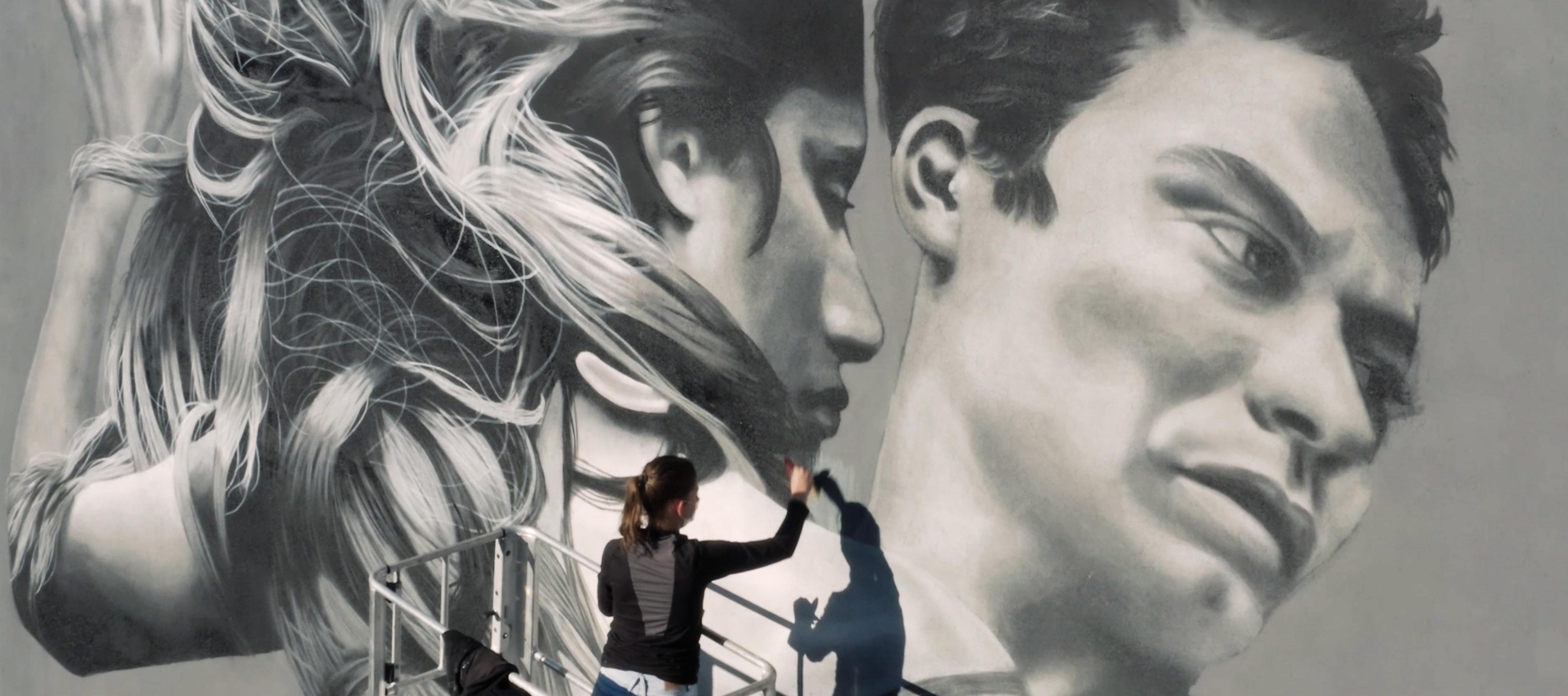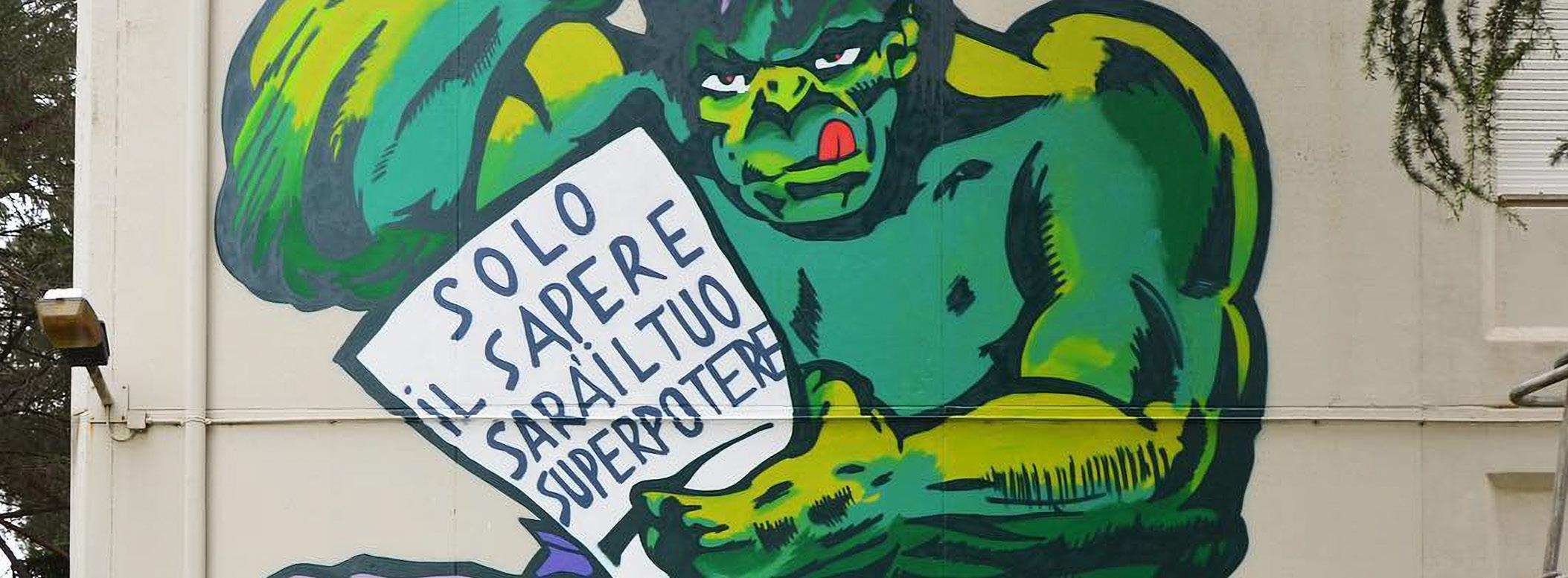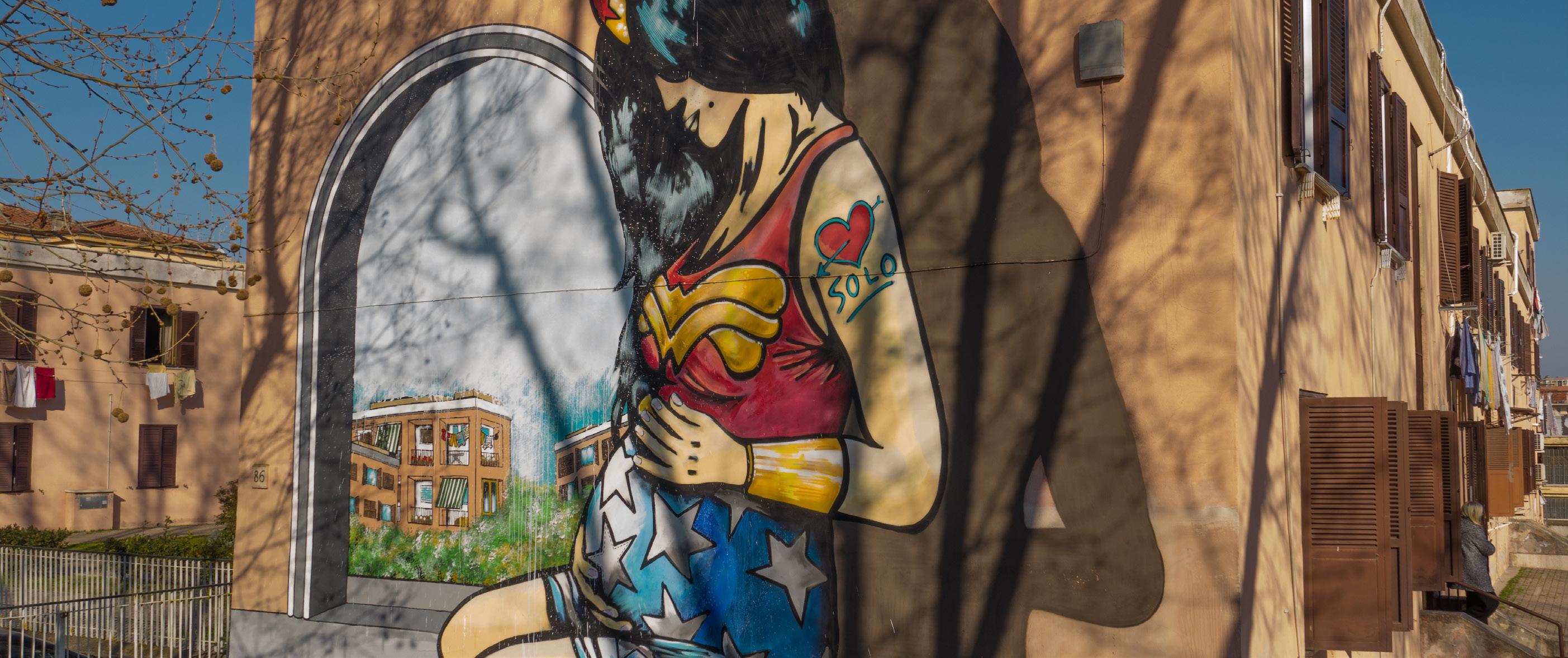57
Art and Politics
Art and Politics
58
LGBT Rights and Economic Development CARLO D’IPPOLITI Associate Professor, Department of Statistical Science, Sapienza University of Rome
Even before the social and economic crisis caused by the COVID-19 epidemic, globalisation was, if not in retreat, significantly slowing down. Regional blocs have consolidated in the past few years in terms of free trade areas, currency agreements and even in respect of moves towards political federation. For LGBT people, such trends in political and socio-economic regionalisation may lead to uneven results in terms of their legal rights and freedoms. In some areas of the world, the expansion of the family rights of same-sex couples or the respect for the gender identity of trans people, to mention just two examples, are increasingly the norm. In other regions, one cannot even exclude a retrenchment of the already compressed space allowed to LGBT individuals and families. This picture of uneven development contrasts with the optimist narrative of the 1990s and 2000s when the concept of a one-way, progressive development path prevailed. According to this view, some countries were more ‘advanced’ and others lagged behind, but all were moving in the same direction of ‘progress’. Yet this idea, which dates back to the European Enlightenment, does not reflect historical reality, on the one hand because the more we look back into the past, when societies were more isolated, the greater diversity of institutional and social arrangements we should expect to find; and, on the other hand, because the idea of future progress was declined in a simplistic way. In this thinking the development of commercial interests and the extension of markets – themselves seen as unstoppable forces – would naturally bring about greater civility in social relations and peace in international affairs. This is the doux commerce thesis of which the “business case for diversity” is just a contemporary variant. There are a number of problems with this thesis. First, the direction of causality is not straightforward: while it is true that economic development makes it in many people’s individual interest to be kind and friendly to strangers, it is also true that the development of a well-functioning market economy requires good social institutions.
Second, market expansion through liberal capitalism has proved to be just one possible form of economic development – with China a relevant contemporary example of a successful economy associated with capitalism, but certainly not with liberal, market-based capitalism in the Western sense. Third, social change can bring about a cultural backlash, especially when economic malaise – such as inequality, unemployment, or financial crises – erupts. So, on the one hand successful capitalism can trigger conservative cultural development, and, on the other hand, economic development does not always lead to unconditional progress, as recent financial, economic, and environmental crises show. However, perhaps the most critical aspect of the 2000s optimistic strand of the doux commerce thesis is the neoliberal trust in automatic mechanisms supposedly triggered by market forces. It is true that the 2000s have brought about concrete improvement in the lives of several LGBT people –
virtually all those based in the northern hemisphere of the Western world – but this was the consequence of social and civic activism and of cultural and social conflict. Visual and performative art, consecrated in this work by artist JDL, along with literature, music and cinema, have been a prime vehicles for promoting change. The wall painting summarizes the point by depicting La Karl Du Pignè, a performative artist and a well-known political activist in Rome, who consistently made sure that the yearly LGBT pride parades in the city were both an occasion of entertainment and political fight at the same time. It is to be hoped that cultural and political activism will re-emerge even more strongly in those areas of the world in which the rights of LGBT people are now at risk of stagnating or being curtailed. A multipolar world without a Western liberal hegemon is not necessarily a world of compressed LGBT rights. It is one in which the ability of LGBT people to fully live a meaningful life with dignity will be shaped by internal politics more than by international policies.










